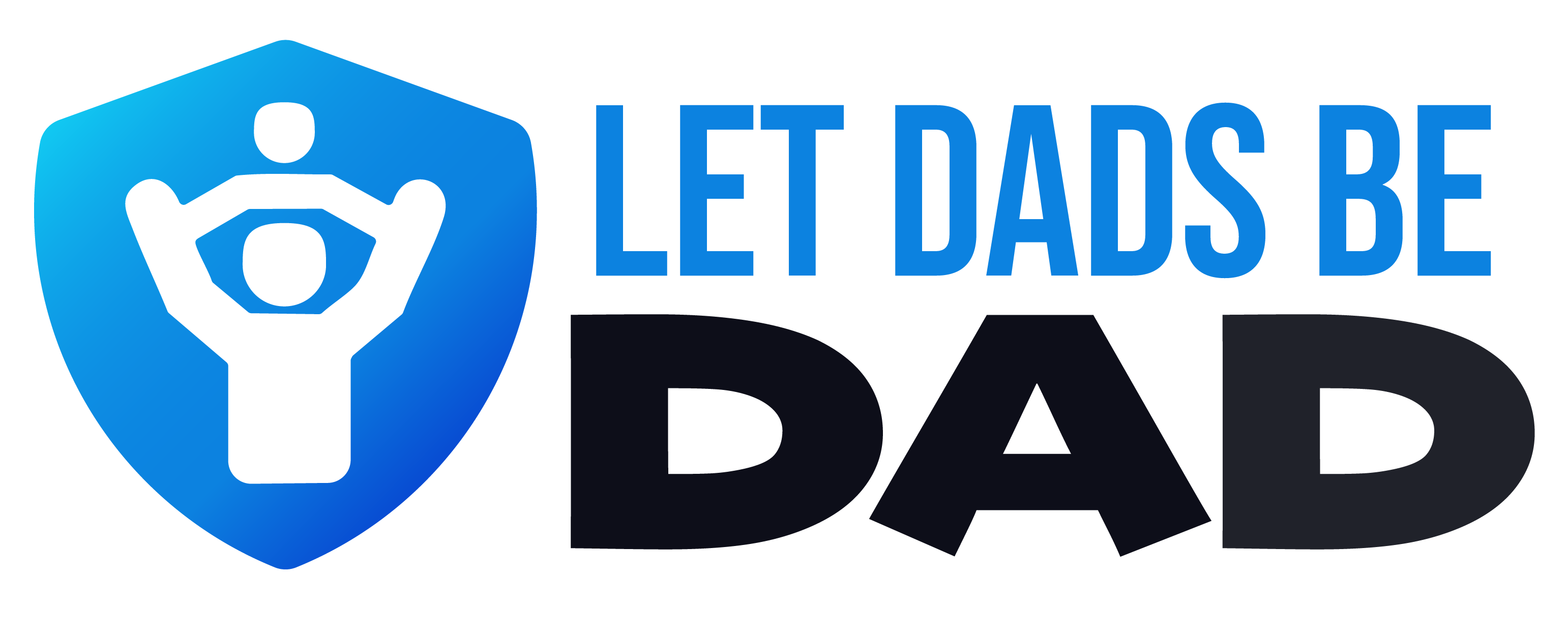Why Kids Hit Each Other — And How To Respond When They Do
— Jill Lehmann Photography/Getty
When my kids were toddlers and hit another child, I would experience a flood of emotions: Frustration that they would hurt another person. Embarrassment if the kid they hit was from another family. Confusion as to how my children — who I don’t spank or let watch violent TV shows — could be so quick to use their hands. Guilt that I was a horrible parent. And fear that hitting was a sign my kids had serious behavioral issues that would lead to school suspensions and worse.
What felt like a crisis at the time is actually very common. Few kids are immune to hitting another child at one point or another. But just because hitting is common doesn’t mean parents should let it slide when it happens.
“When parents don’t address hitting, kids learn that aggressive behaviors are acceptable, and that they’re a tool to get what they want,” says psychologist and behavior analyst Reena B. Patel. But if you understand why your child is hitting and have a plan for how to deal with it, you can easily respond in a way that reinforces healthy alternatives.
Why Kids Hit
Although parents may think their child is just acting out when they hit, Patel views hitting a little differently: as an unhealthy form of communication. Sometimes when kids hit, they haven’t developed more appropriate communication tools. Other times, they have a difficult time regulating their emotions, so they reactively lash out instead of using their words.
“Once you understand what function the hitting is acting on, it will be easier to find the best replacement behavior,” Patel says. “As humans, we are born to use behaviors to meet our basic needs. Behaviors like hitting are used to meet an intrinsic desire, such as wanting to get access to the banana another child might be holding or to get attention from an adult.”
There are times where even kids who have been sheltered from violent media try out hitting as a matter of copying behavior they’ve seen from an older sibling wrestling or play-fighting with a friend, for example.
All of which isn’t to completely downplay kids hitting because they’ve witnessed heinous behavior or media that’s inappropriate for children, or have significant issues with impulse control or emotional regulation. It’s simply a reminder that there are non-catastrophic reasons kids hit, so parents shouldn’t immediately panic when the behavior manifests.
How To Respond When Your Kid Hits
If your child only hits occasionally, keep calm when it happens so you don’t escalate the situation — and so your child can see firsthand what it looks like to stay cool in the midst of frustration.
“If you are in a situation and observe this happening, be firm, but in a calm tone say something simple like ‘stop,’ ‘hands down,’ or ‘no hitting.’ Then give the child the chance to practice an alternative behavior, such as using their words to make a request, or identifying what made them feel angry or frustrated,” Patel says.
When it comes to making a child apologize for hitting, Children’s Mercy Hospital in Kansas City encourages parents to consider age before insisting on a compulsory “sorry.” For kids as young as 2, “forcing them to apologize doesn’t really teach them anything. It also may restart their tantrum cycle. With an older child who has the ability to understand others’ feelings, it is more appropriate to teach them to apologize.”
If you notice that your child’s hitting becomes more frequent or intense, it’s best to see a professional to evaluate underlying causes and possible steps forward. Your child’s teacher or daycare provider may be able to help provide clarity on how your kid interacts with peers in environments outside the home, and a pediatrician or therapist can provide specifics as to whether your child’s behavior is cause for concern.
What To Do When Your Kid Gets Hit
With hitting being a common behavior, there’s a good chance your child will be on the receiving end at some point. When that happens, Patel suggests leading with compassion and empathy, focusing on your child’s feelings and wellbeing.
“Validate your child’s feelings, and let them know that hitting is not appropriate,” she says. “Then seek out support, depending on where the incident occurred, by asking a teacher or other parents what they observed, and help prompt restorative actions.”
When the kids involved aren’t old enough to grasp the significance of apologies, giving them an opportunity to “re-do” the interaction is a great alternative. If you don’t know the parents of the child who hit yours, read the situation to determine if a gentle redirection or redo is acceptable, but it typically is in community settings like the playground.
If the parent of the child who hit yours doesn’t take the situation as seriously as you would like, however, simply remove yourself and your child from the area instead of trying to litigate the problem in real-time. Nothing positive will come from an emotional outburst in the heat of the moment. If the other child and parent are people you run into frequently, then following up with a brief conversation when you’ve had a chance to gather your thoughts and the kids aren’t around is an appropriate next step.
Remember that in the same way malicious intent is likely not the cause when your child is the one doing the hitting, it’s also usually not the case when the tables are turned. As long as there’s not a pattern of your child getting hit, and the hitting isn’t physically harmful, it’s best to console your child, use the teachable moment, and move on.


